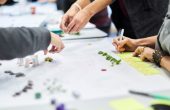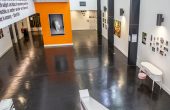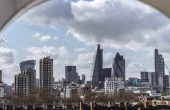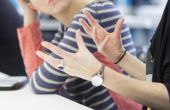
On Friday 22 November I chaired a panel to mark the closing of Rothko in Lampedusa, an inspiring exhibition of artwork by refugees.
The Rothko in Lampedusa exhibition ran from May to November 2019 and featured work by established international artists and younger refugee artists. I’ve worked with the event’s curators Venice Art Factory for a number of years, and we’ve often discussed the issues around migration and artistic practice together. So I was keen to support them on this particular project, which was organised in partnership with UNHCR, the UN Refugee Agency.
The closing event ‘Spreading CreActivity’ consisted of two panel discussions exploring refugee experience and creativity. I was delighted to be joined on my panel by my colleague Sue Clayton, filmmaker and Professor of Film and Television at Goldsmiths; Lina Abirafeh, Executive Director of the Arab Institute for Women at the Lebanese American University; and Carlotta Sami, Spokesperson for Southern Europe at UNHCR, the UN Refugee Agency.
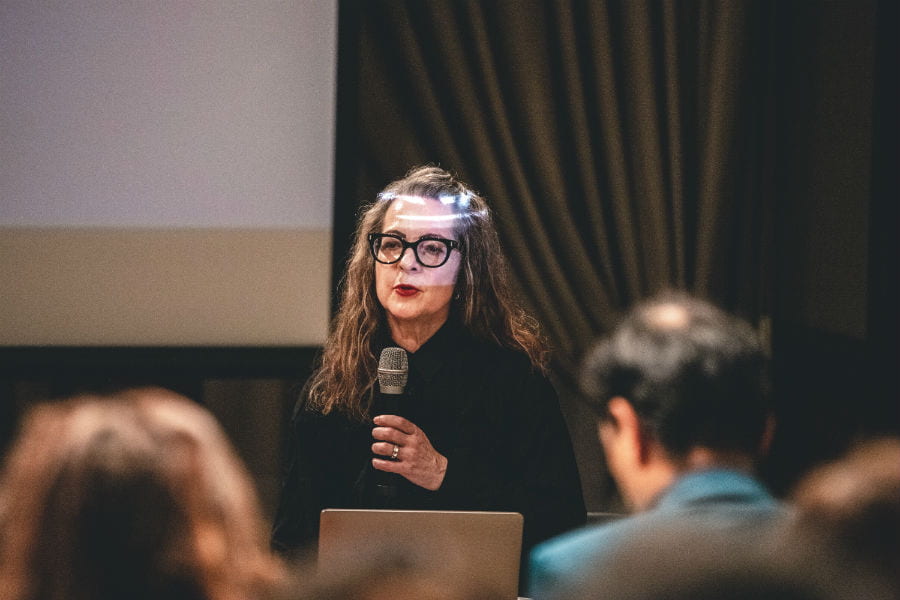
Our discussion focused on the human experience of refugee women and girls: Sue Clayton set the scene with a clip from her award-winning film Calais Children: A Case to Answer, and explored the journeys taken by refugee women and girls to reach safety. Sue explains: “Women know the secret and less dangerous places – the women’s route – far from riot police, tear-gas and violent confrontation. Not taking the risks that young men do, they take a long view, with patience, persistence and female comradeship as their tools. These qualities, I argue, support their resilience: their most creative act is their own survival.”
Carlotta from UNHCR shared her experience of working with refugees from places such as Eritrea. She spoke of the horrendous abuse faced by refugees and how difficult it is for vulnerable women and girls to avoid exploitation on their journey.
And Lina – bringing experience of working in a number of disaster zones, from Afghanistan to Haiti – also spoke of the exploitation of women on their journeys, and pointed out the lack of awareness of this, even in Europe. Lina also raised the shocking lack of funding in this area by governments and NGOs.

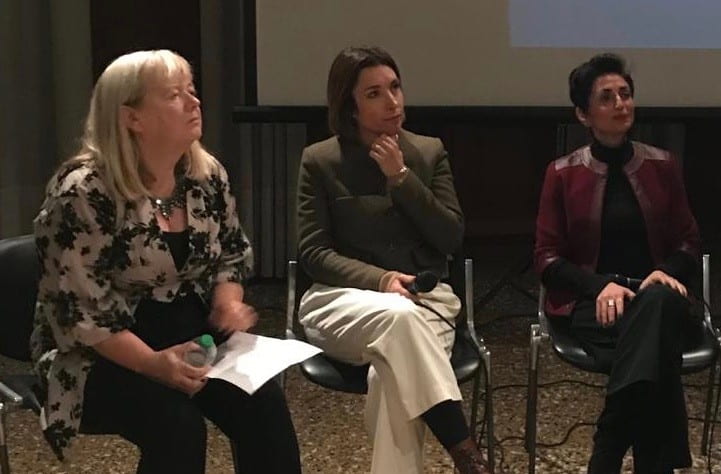
Sue, Carlotta and Lina on the panel. Image: Venice Art Factory

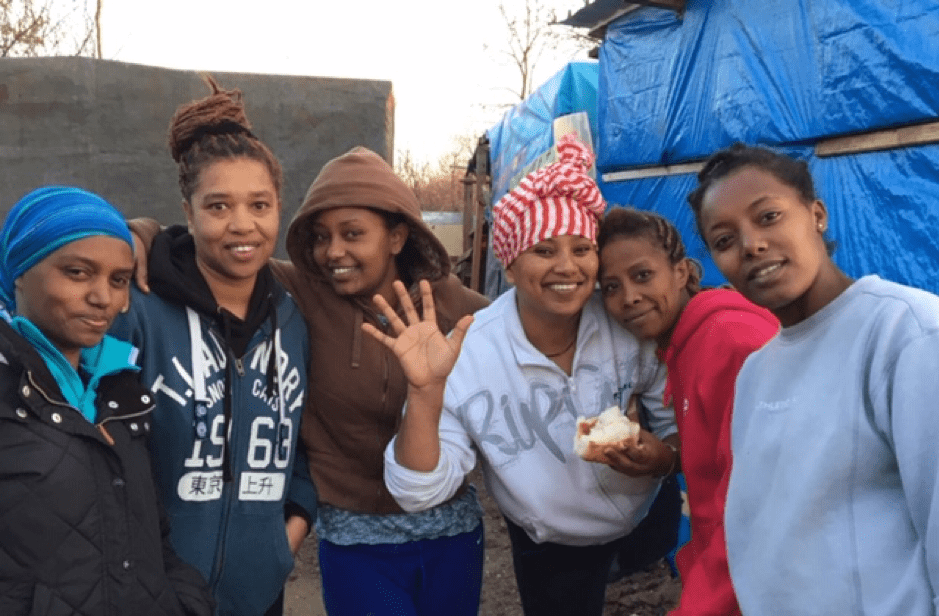
Ruten and friends in Norrent-Fontes camp, Northern France. Image: Sue Clayton
The Rothko in Lampedusa exhibition itself was incredibly moving, featuring some extraordinary drawings and video installations. Taking time to experience artwork created by people who have themselves experienced life as a refugee set an important context for the panel discussions.
Sue Clayton commented: “The Venice refugee discussions and exhibitions this year – as well as the flooding – reminded us that we live in times where global systems are failing hundreds of millions of people. As Giovanna Li Perni of UNHCR said, ‘We must build bridges not walls.’ The art exhibitions ‘Artivism’ and ‘Rothko in Lampedusa’ argued this too with great eloquence. Events like these build bridges, and I came away energised and inspired to bring more to the European, and global, conversation.”
There are so many staff and students engaged with these issues here at Goldsmiths. We have an MA in Migration and Mobility, which equips our postgraduate students with the skills to investigate the movement of people across the globe in academic, public policy and activist contexts. And we’re also thinking about how to support refugees here in Lewisham in a more coordinated and thoughtful way. I’m looking forward to further opportunities to work with UNHCR and other UN projects on this important topic.
Students in the Goldsmiths Student Action for Refugees (STAR) Society are looking for contributors for their new magazine, eko. Come along to their drop-in event on 12 December to find out more:


